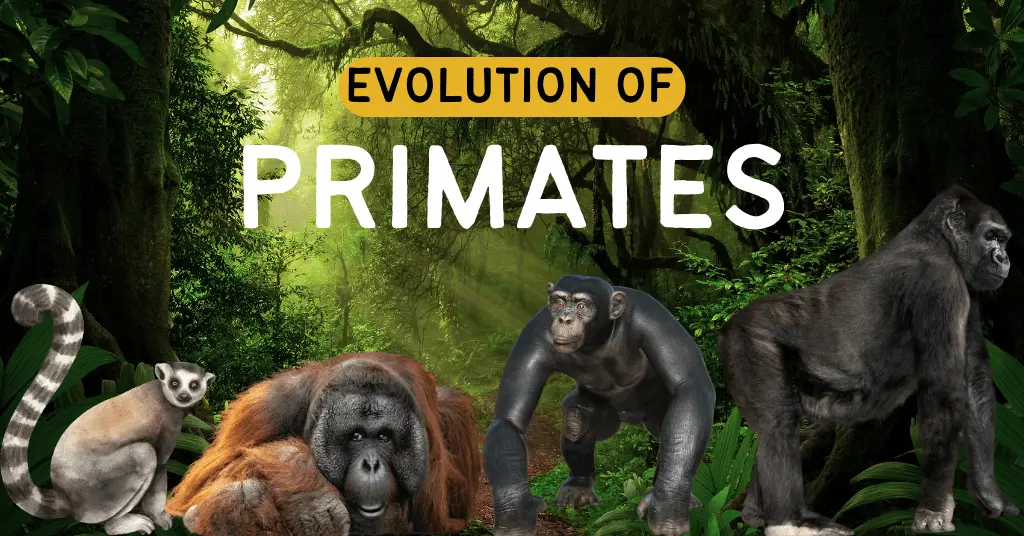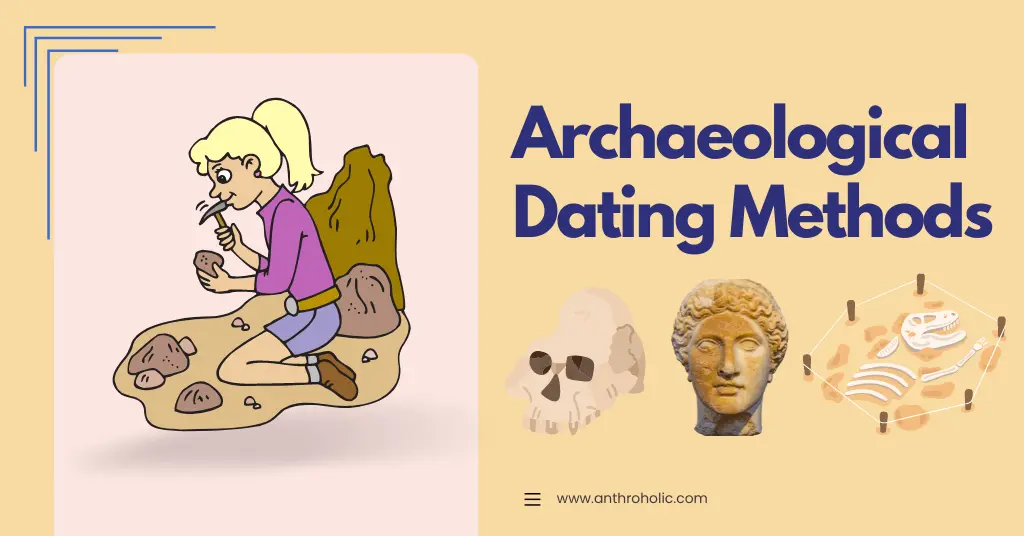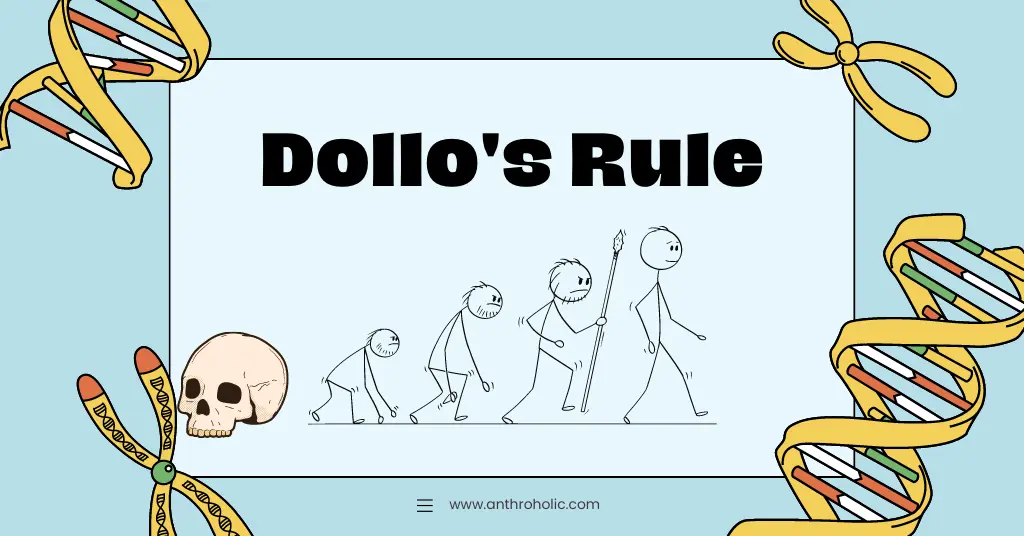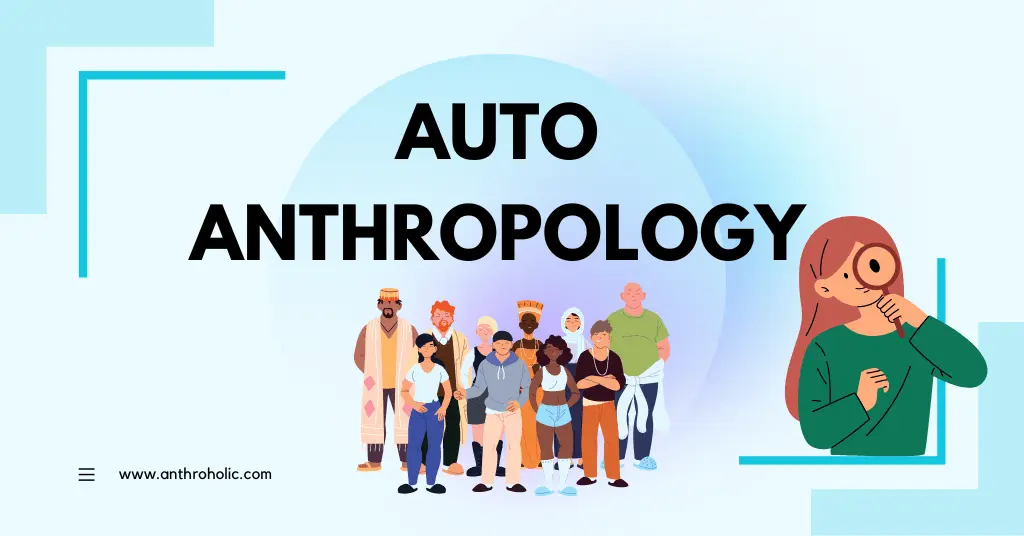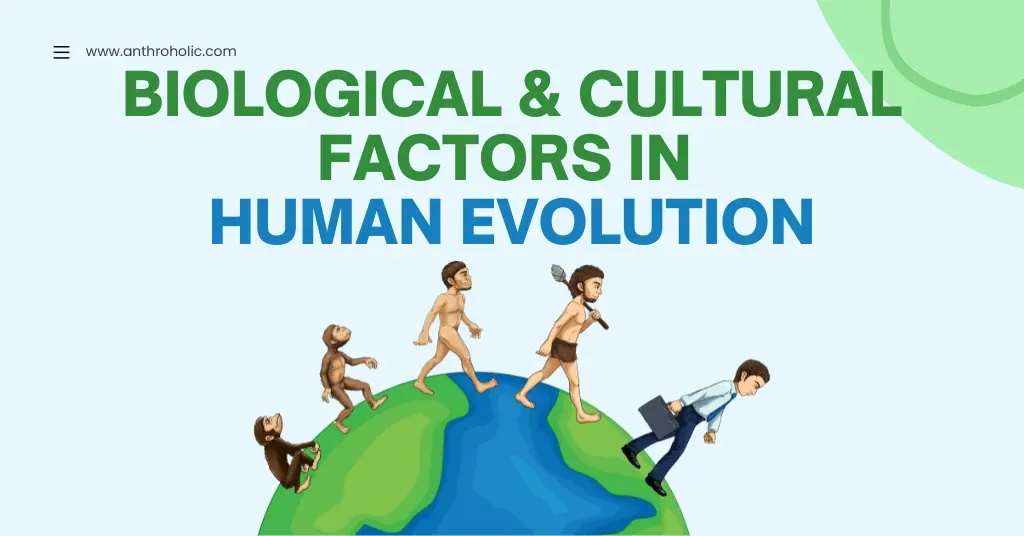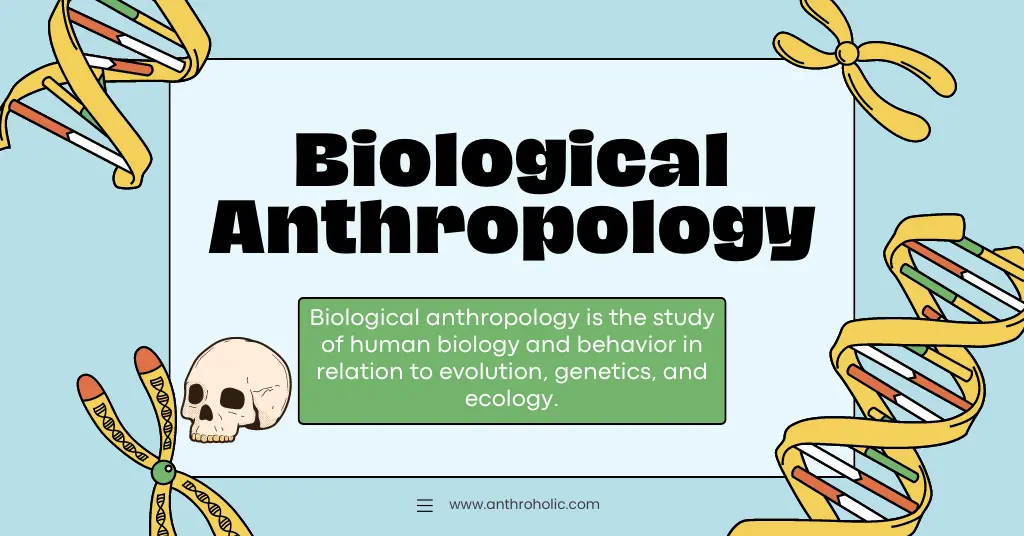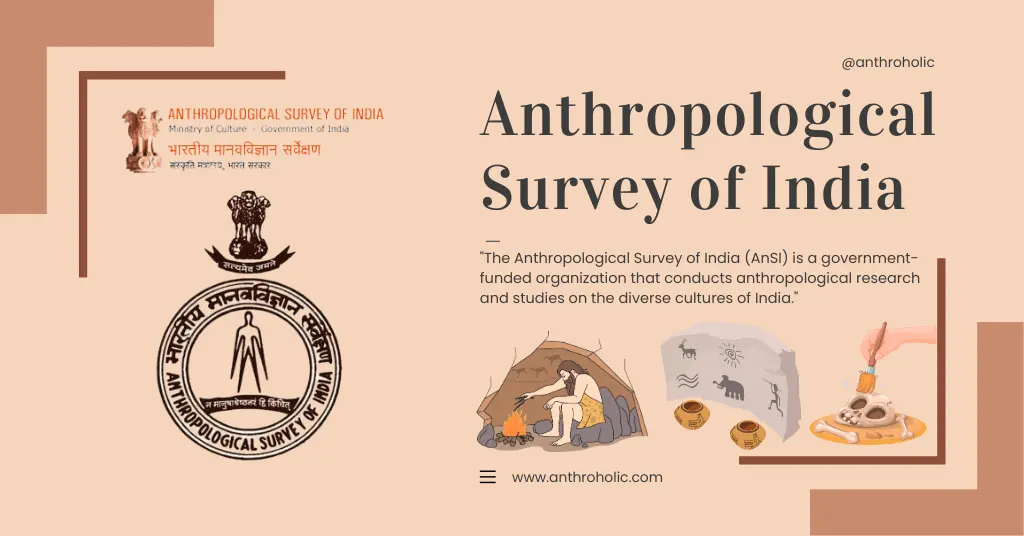AI Answer Evaluation Platform Live Now. Try Free Answer Evaluation Now

Principles of Prehistoric Archaeology
In 'Principles of Prehistoric Archaeology', we delve deep into the underpinnings of archaeology, exploring the methods, theories, and principles that guide the study of the prehistoric era. From carbon dating to interpreting artifact evidence, this detailed examination brings light to the silent narratives of the past.
